The Myth of Independence
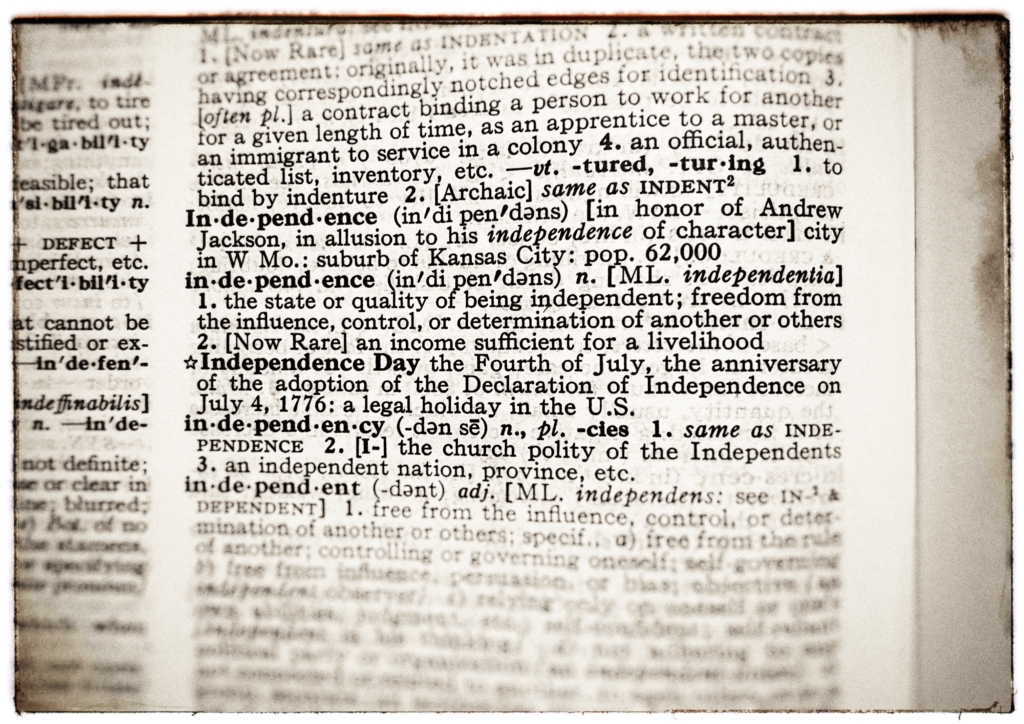
The definition of independence, obtained from the Merriam-Webster Dictionary.
I didn’t get out of bed or drive to work in the morning on my own. An alarm wakes me up. Someone who isn’t me designed that alarm. Someone who isn’t me maintains the power grid that powers my alarm clock. My hot shower is possible because of the water heater in my house, who was designed, installed, and maintained by other people. Austin Utilities provides the natural gas and water and maintains the pipes that bring these resources to my house. Someone who isn’t me constructed the bathroom in my house back in 1955, when my house was built by someone who was not me.
Someone who isn’t me paved the road I drive to work in the car I drive, which was built and designed by Mazda. The City of Austin clears the streets of snow and puts down ice melt and sand to make my trip safer.
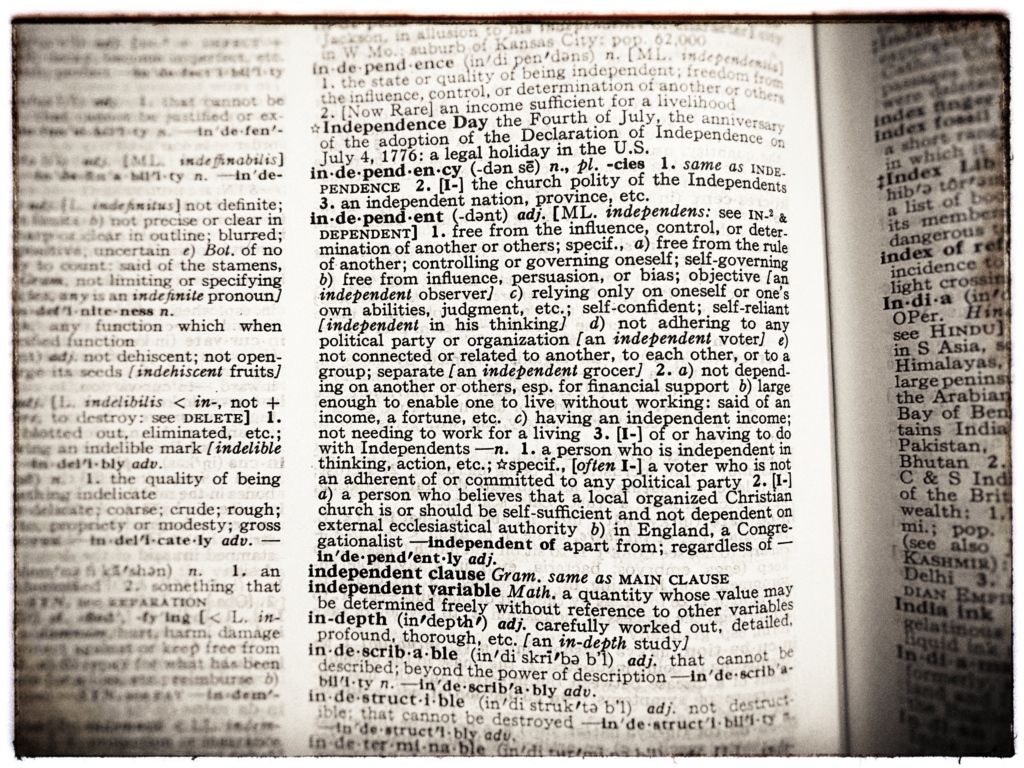
The definition of independent, obtained from the Merriam-Webster Dictionary.
What we do today is possible because of those who came before us, who pathed the way for us. We work together to build the communities and world we live in. None of us live in a bubble. There are people who impact our lives that we will never know. The colleague who encouraged your grandpa on a hard day while he served for 4 years in WWII. The neighbor who motivated your great-great-grandparents to immigrate to a small town in rural Missouri in the 1870s. The philanthropist who made an anonymous endowment to your college provided the funds for the scholarship that paid for half of your tuition.
The lie we tell ourselves is that we did it all on our own. That we earned that scholarship without any assistance from another, nevermind teachers, parents, and tutors helped us with our school work. That we got ourselves out of bed and ready for work without assistance. That we take care of ourselves and no one else does. We are interconnected and dependent on each other in this world. None of us gets anywhere on our own. We were all helped by countless others we will never know in ways we can’t imagine.
Interdependence is how a society functions. There is no such thing as true independence if you live in a society. There is no way to be free of the influence of others when you live around others. It’s a myth we tell ourselves to calm our fears, boost our ego, and help us feel safe.
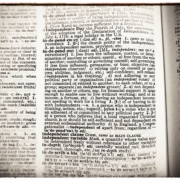 © Catherine Haslag
© Catherine Haslag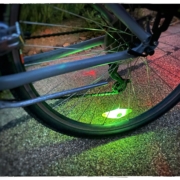 © Catherine Haslag
© Catherine Haslag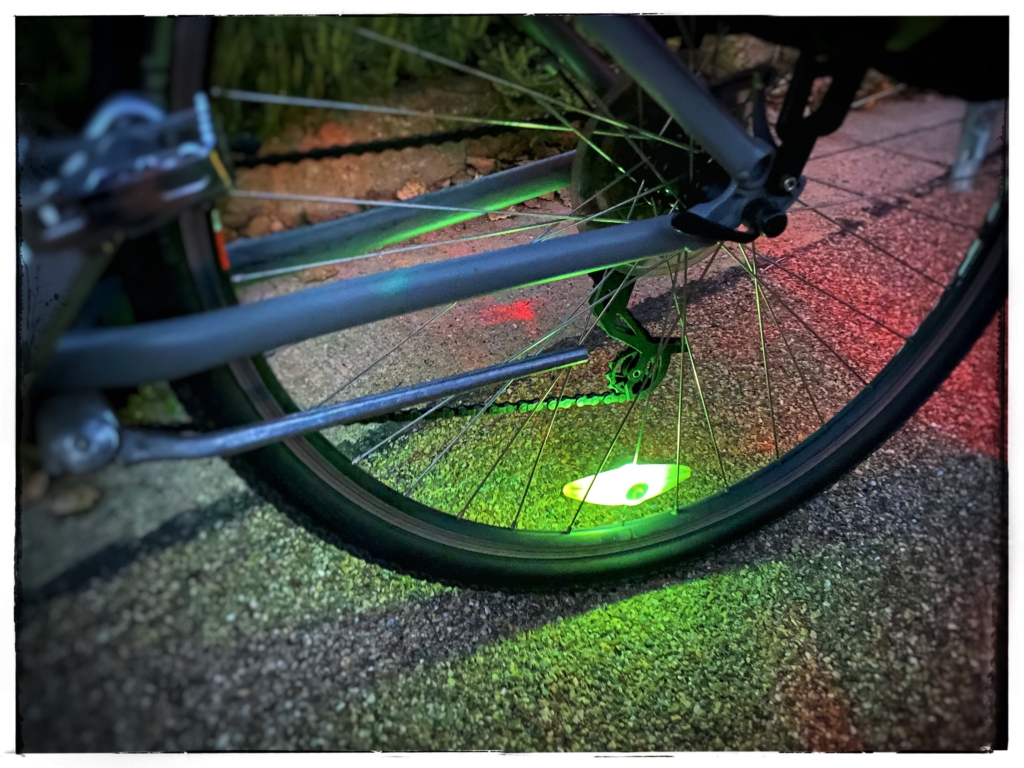
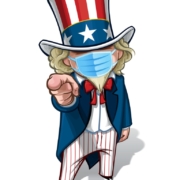
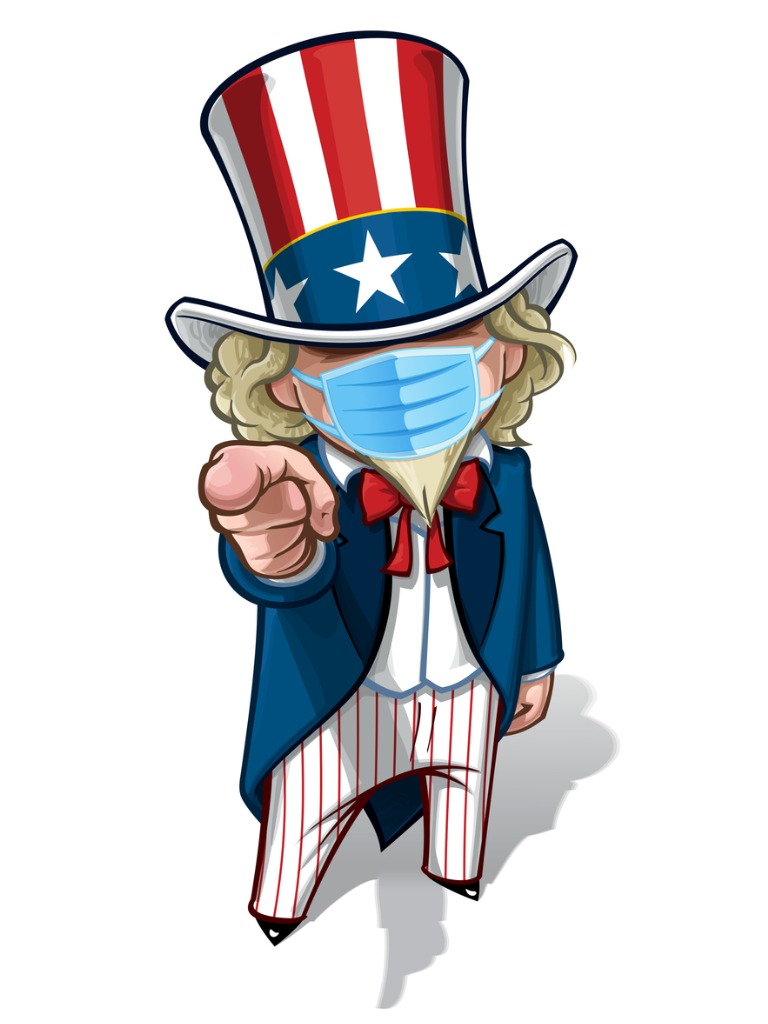
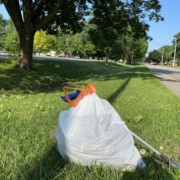 © Catherine Haslag
© Catherine Haslag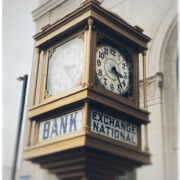 ©2023 Catherine Haslag, All Rights Reserved.
©2023 Catherine Haslag, All Rights Reserved.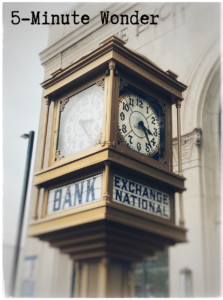 Life is a chemical reaction.
Life is a chemical reaction.